Since the onset of the COVID-19 pandemic, the Tzu Chi medical team in Taiwan, in collaboration with the Jing Si Abode monastics, embarked on a mission to develop the Jing Si Herbal Tea. This initiative was inspired by Master Cheng Yen’s guiding principle: “Every plant has its spirit, and for every illness, there is a remedy.” The vision was to integrate traditional Chinese and Western medicine, offering a holistic approach to health and well-being for all.
Master Cheng Yen’s instruction to the medical team was clear: “Do what is right.” This encouraged them to delve into millennia of traditional wisdom, seeking precise solutions that could be combined with modern Western medical practices for effective and targeted treatment.
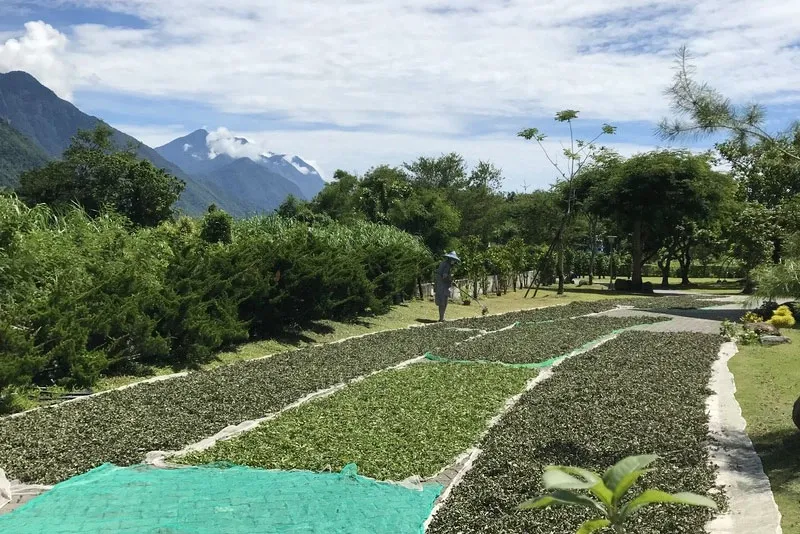
The Essence of Herbal Medicine
The term “Bencao,” or herbal medicine, has roots stretching back centuries, signifying a profound understanding of nature's healing properties. Master Cheng Yen explains, “Herbal medicine arises from the vitality of nature and is inseparable from plants. These components have always existed; they just hadn’t been noticed, studied, or applied.” This perspective highlights the inherent wisdom in traditional practices, where the earth provides remedies waiting to be understood and utilized.
Buddhist scriptures, particularly within the “Medical Science” (I-fang Ming) of the Five Sciences, frequently reference the healing power of herbs. These ancient texts describe various medicinal plants and their applications, underscoring a long-standing tradition of using natural remedies to alleviate suffering.
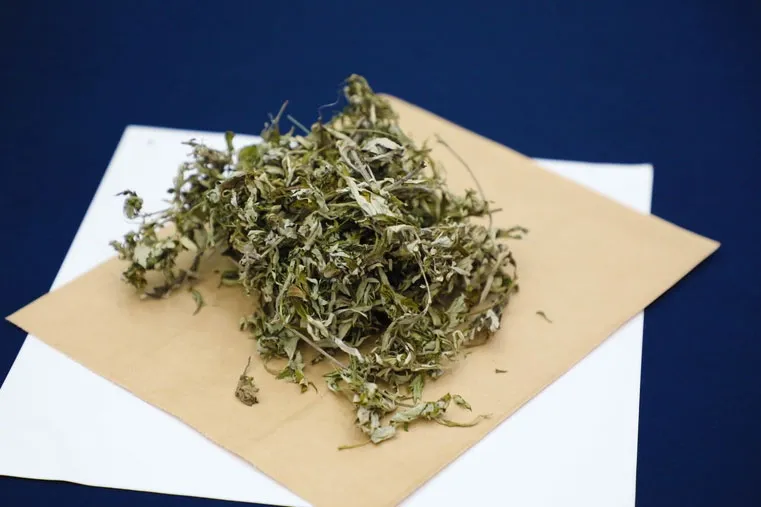
Clinical Research and Broad Applications
During the COVID-19 pandemic, Master Cheng Yen urged Superintendent of Hualien Tzu Chi Hospital Shinn-Zong Lin (林欣榮) and his medical team to conduct in-depth research into medicinal herbs. She shared childhood memories of using Mò Cǎo (Ohwia caudata) for cleansing after funerals or visits to the sick, and the tradition of hanging mugwort (Ai Cao) during the Dragon Boat Festival for protection. These cultural practices inspired a focused study on mugwort and Mò Cǎo.
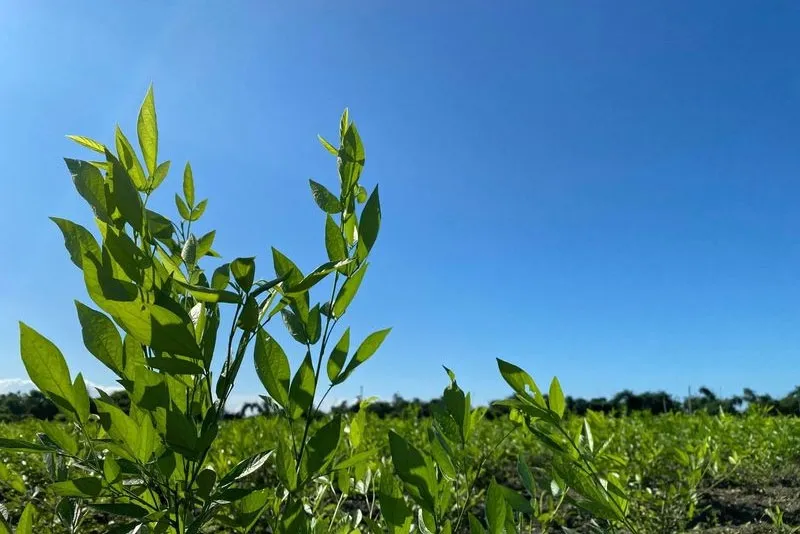
The resulting Jing Si Herbal Tea quickly demonstrated remarkable potential. Hualien Tzu Chi Hospital published an international journal article detailing its use in ten severe COVID-19 patients. The integrative approach, combining the herbal drink with Western medicine, effectively reduced infection, inflammation, and blood clot risks. Early administration was shown to accelerate the improvement of clinical symptoms, and severe cases often transitioned to milder conditions, contributing to a reduction in overall mortality.
Beyond COVID-19, subsequent clinical and research efforts have revealed broader therapeutic possibilities for the Jing Si Herbal Tea. Studies indicate its potential in slowing the progression of Parkinson’s disease, inhibiting lung cancer cells, improving arthritis symptoms, and showing significant effects in managing diabetes and retinal disease. This ongoing research highlights the versatility and potential of integrating traditional herbal knowledge with modern scientific validation.
Integrating Wisdom and Compassion
The development of Jing Si Herbal Tea is deeply rooted in Buddhist principles, particularly the Four Immeasurable Minds: loving-kindness, compassion, joy, and equanimity.
1. Loving-kindness (慈): The initial motivation for the tea's creation was Master Cheng Yen’s wish for all beings to experience happiness and relief from suffering.
2. Compassion (悲): The tea aims to alleviate the pain and threat of illness, helping individuals overcome their physical distress
3. Joy (喜): There is profound joy in witnessing others recover and find comfort after using the herbal drink.
4. Equanimity (捨): This principle guides the impartial distribution of the Jing Si Herbal Tea, aspiring for it to be as widely accessible as the Dharma, benefiting everyone without discrimination.
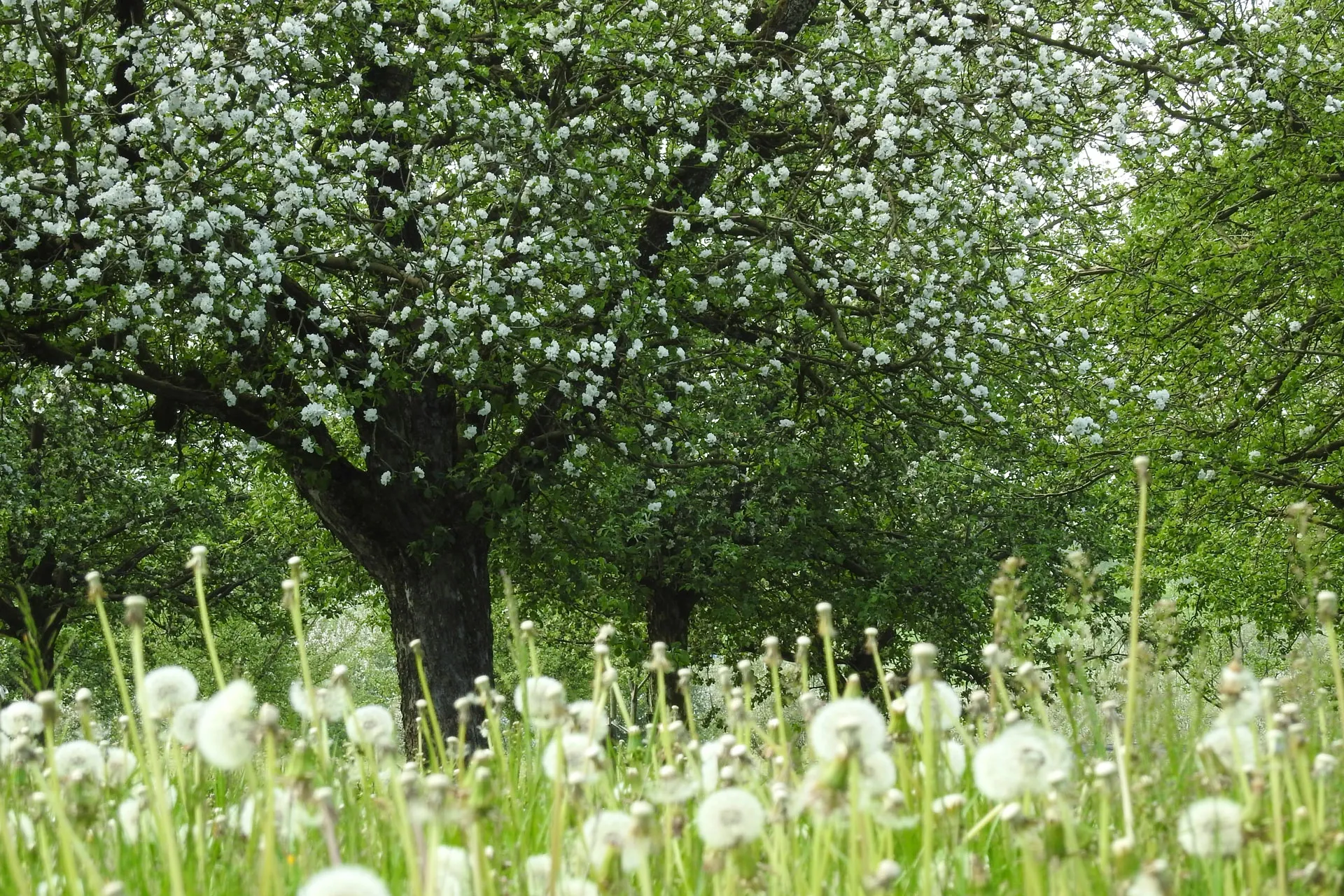
The Buddha’s “Parable of the Medicinal Herbs” in the Lotus Sutra illustrates how the Dharma nourishes all beings according to their individual needs, much like rain nurtures diverse plants. This metaphor underscores that all beings, regardless of their size or capacity, can find healing and growth when nurtured. Similarly, traditional Chinese medicine, as described in the Huangdi Neijing (Yellow Emperor’s Inner Canon), speaks of superior physicians who prevent illness, average physicians who focus on health maintenance, and inferior physicians who treat existing conditions. Master Cheng Yen emphasizes that true healing, like the “Jing Si” (still thoughts) in the herbal drink's name, begins with purifying the mind, allowing both body and spirit to return to health.
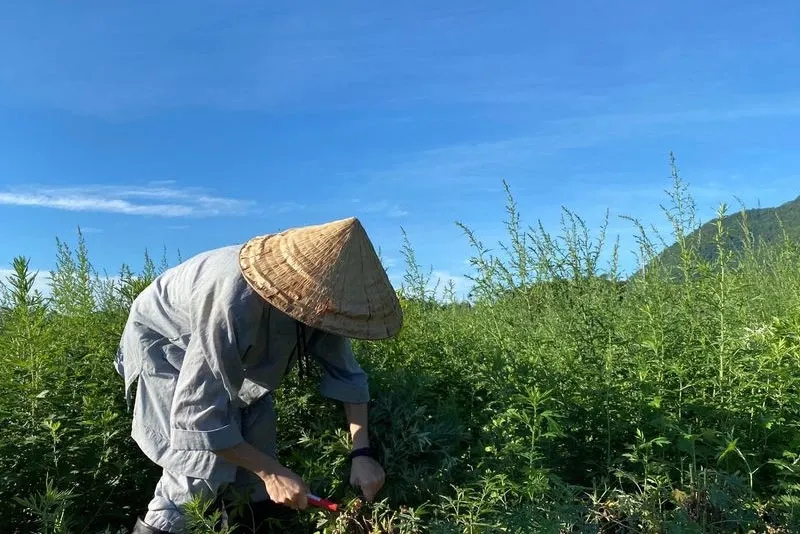
A Legacy of Healing
The development of Jing Si Herbal Tea is more than just a medical breakthrough; it is a practical embodiment of Buddhist compassion in action. It has brought relief to countless individuals and spurred further research into the vast potential of Chinese herbal medicine. The Hualien Tzu Chi Hospital medical team exemplifies the belief that every plant holds healing power, diligently analyzing their properties and applying them to human health through an integrative approach of traditional Chinese and Western precision medicine.
Master Cheng Yen shared with the medical team, “There are countless varieties of plants on earth, each with its own nature and spirit. The Hualien Tzu Chi Hospital medical team has united their efforts to analyze the value of these plants, applying them to human health and achieving healing benefits. This also allows me, in this lifetime, to bring together the teachings of the ‘Parable of the Medicinal Herbs’ in the Lotus Sutra with everyone’s research results. This truly is how we can work for Buddhism and for all sentient beings.”
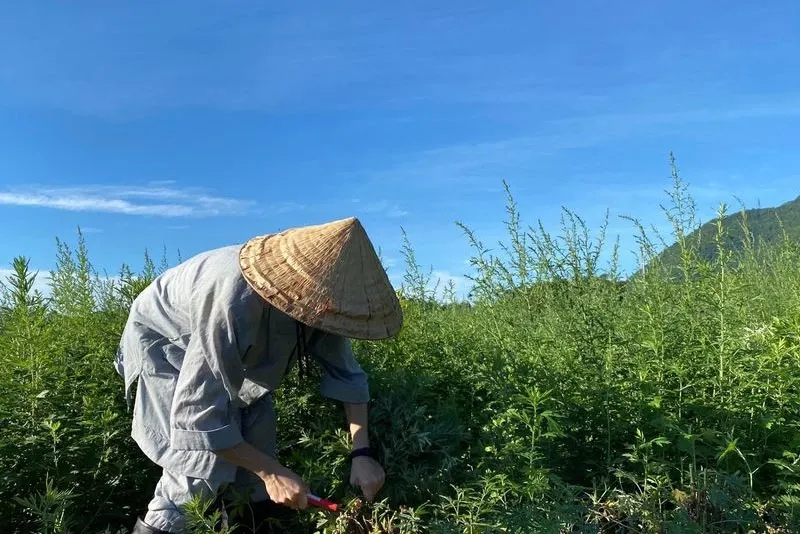
This endeavor reflects a deep gratitude for nature’s bounty and a commitment to using ancient wisdom, enhanced by modern science, for the benefit of humanity. Tzu Chi’s medical team, driven by a mission to serve rather than profit, contributes not only to contemporary health but also to the sustainable well-being of future generations. The Buddha likened sentient beings to flowers, grasses, and trees, affirming that everyone is a superior medicine in this world. By dedicating our abilities to heal others and improve society, we can all become indispensable remedies for the world.
Written by Master Shih De Shao (釋德劭), compiled by Yi-Ying Li (李宜穎), Yin-Hsiu Yen (顏吟修), and the Editorial Team
Translated by Mindy Chen (陳敏理)
Source: 本草濟世,慈悲潤物──淨斯本草飲益群生


